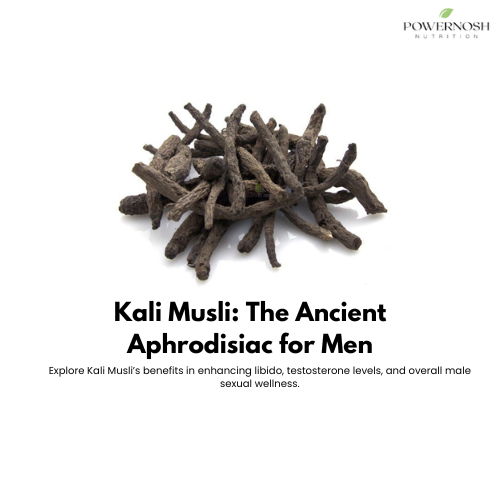News

Korean Red Ginseng: Unlocking Vitality and Sexu...
Korean Red Ginseng enhances men's vitality, supports sexual health, and boosts energy naturally.
Korean Red Ginseng: Unlocking Vitality and Sexu...
Korean Red Ginseng enhances men's vitality, supports sexual health, and boosts energy naturally.

The Power of Saffron: How Kesar Enhances Men's ...
Saffron (Kesar) enhances men's sexual health, boosts libido, and supports overall vitality naturally.
The Power of Saffron: How Kesar Enhances Men's ...
Saffron (Kesar) enhances men's sexual health, boosts libido, and supports overall vitality naturally.

Kali Musli: A Natural Solution for Men's Sexual...
Kali Musli boosts libido, supports testosterone, and enhances men’s sexual wellness naturally.
Kali Musli: A Natural Solution for Men's Sexual...
Kali Musli boosts libido, supports testosterone, and enhances men’s sexual wellness naturally.

Gokshura: A Natural Boost for Sexual Wellness &...
Gokshura enhances libido, balances hormones, and supports sexual health in both men and women.
Gokshura: A Natural Boost for Sexual Wellness &...
Gokshura enhances libido, balances hormones, and supports sexual health in both men and women.

Ginkgo Biloba: A Natural Boost for Sexual Welln...
Ginkgo Biloba enhances blood circulation, boosts libido, and supports sexual function in men and women.
Ginkgo Biloba: A Natural Boost for Sexual Welln...
Ginkgo Biloba enhances blood circulation, boosts libido, and supports sexual function in men and women.

Garlic Extract: A Natural Boost for Men's Sexua...
Garlic extract enhances blood flow, boosts libido, and supports testosterone levels for men's sexual wellness.
Garlic Extract: A Natural Boost for Men's Sexua...
Garlic extract enhances blood flow, boosts libido, and supports testosterone levels for men's sexual wellness.

